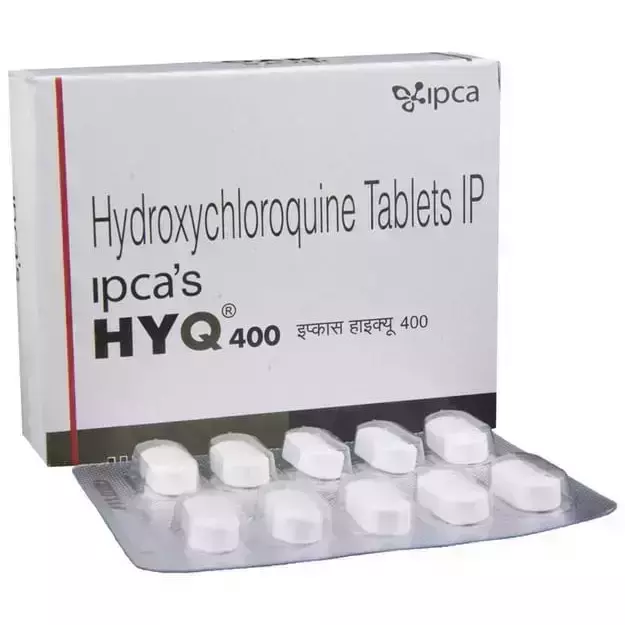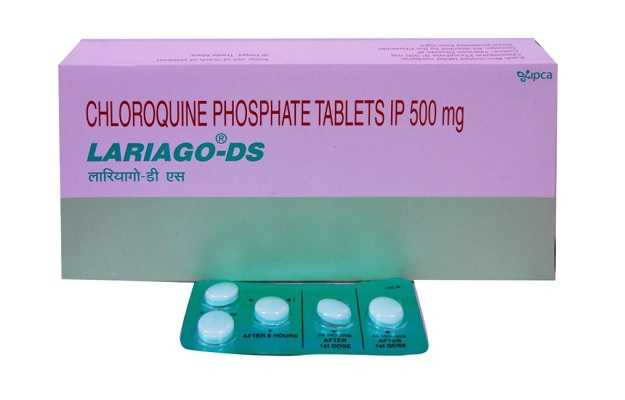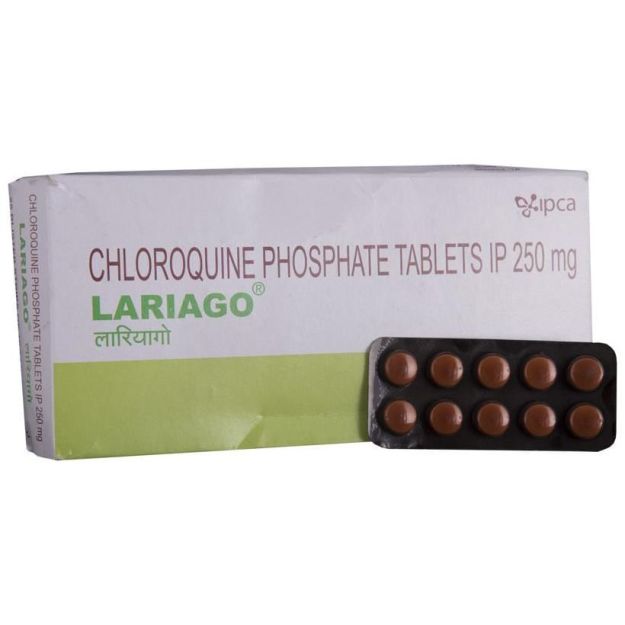Loroquin 500 Tablet is a prescription medicine that is available as a Tablet. Malaria are some of its major therapeutic uses.
The optimal dosage of Loroquin 500 Tablet is largely dependent on the individual's body weight, medical history, gender and age. Besides the medical condition it is advised for, the route of administration also plays an important role in determining the correct drug dosage. For detailed information on this, read through the dosage section.
Some other side effects of Loroquin 500 Tablet have been listed ahead. Normally, these side effects of Loroquin 500 Tablet are not long lasting and go away when the treatment is finished. If, however, they worsen or do not go away, please speak with your physician.
In addition, Loroquin 500 Tablet's effect is Severe during pregnancy and Severe for lactating mothers. In addition, Loroquin 500 Tablet's effects on the liver, heart and kidney are discussed below in the Loroquin 500 Tablet related warnings section.
Loroquin 500 Tablet is not recommended if you suffer from certain medical conditions as it can have adverse effects. Porphyria are examples of such conditions. Some other conditions that can be affected by Loroquin 500 Tablet are listed in the contraindications section below.
Drug reaction of Loroquin 500 Tablet with other medicines has been reported. See below for a complete list.
You should also be aware that Loroquin 500 Tablet is not safe while driving, and is not addiction.
X











